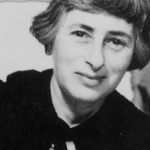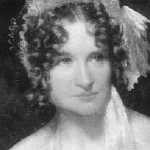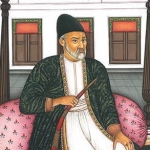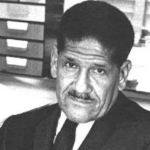Then was the grown-up world of tall decision,
Its beauty of late nights denied a child;
World of bewildering gifts, and strange derision,
Alien alike whether it frowned or smiled,
Yet your least wish was governed by its laws.
The landscape and the weather both were odd,
Exploding with effects that hid a cause
Recall it: peopled by an august race,
Immune to the passions that attack the young,
And knowing all. There every commonplace
Must be translated from a marvellous tongue.
Now is the world of grandeur dwindled, shrunk
To what the stupidest can understand.
The shabby treasures of an exile’s trunk
Include no passport to that wonderland,
Though you are told you are a citizen.
The scenery is changed, the climate dull;
The fateful masks are faces, gods are men;
Most nights are long and few are magical.
But there are strangers even here: their speech
Is rich in barbarous mystery, their ways
Are private, who live wholly beyond reach,
Admired and feared, though none of us obeys
Their foreign rule. No dictators, and yet
Strong utterly. While we, with pity wrung
For what they must do, suffer, learn, forget,
Feel shy when we approach them. They are young.


















Comment form: